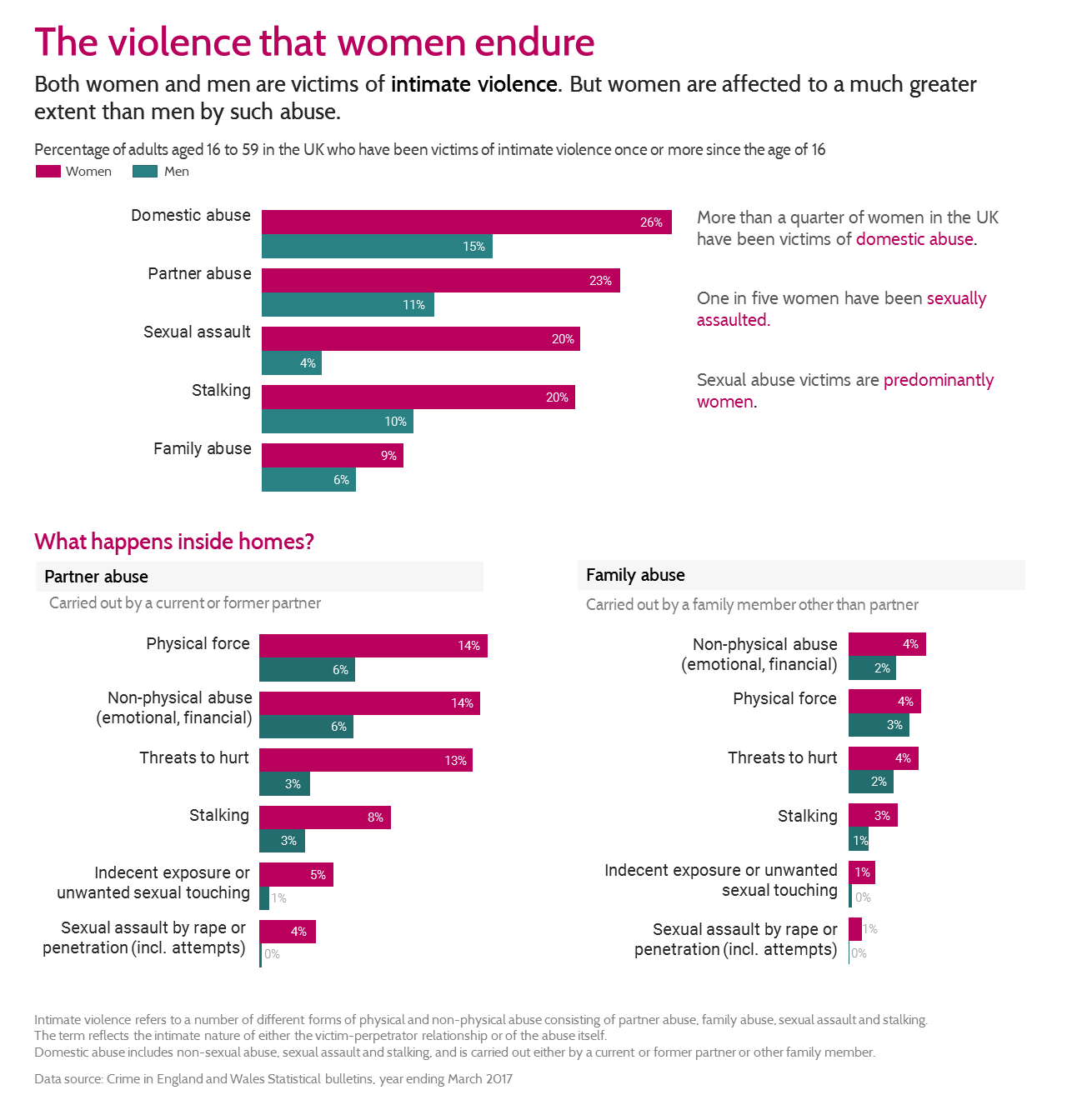While Women’s Day is all about celebrating women’s achievements, it is also important to reflect on what holds them back. Gender violence and domestic abuse predominantly affects women. I look at some stats on it from the UK for the #SWDchallenge.
Abuse and the psychological impact it can have erodes self esteem, chips away at confidence, can traumatise victims for a long time. It robs people of their potential.
I was recently watching this excellent Pakistani drama which looks at harrowing stories of different women who are victims of domestic abuse at the hands of spouses, family members, in-laws, physically, emotionally, mentally. It made me think of all the different ways in which domestic abuse takes place, how countless women are slowly, viciously tormented, humiliated, broken by the people they depend on. Often victims don’t even realize that they are being abused because of its insidious nature.
What do the numbers for domestic abuse show? I looked at UK figures and was shocked at just how prevalent it is.
More than a quarter of women have been abused at some point. Partner abuse accounts for the bulk of domestic abuse incidents. A fifth of all women in the UK have been sexually assaulted. These figures are hard to wrap your around.
When we talk about women empowerment, we highlight successes of prominent women scientists and politicians and artists and activists. Many of these are women who beat the odds, but success is easier to attain when your spirit and dignity isn’t being continually attacked and broken. Here’s hoping that all hidden victims of everyday abuse find their empowerment as well.
For details of what constitutes intimate violence and the behaviours it includes on part of the perpetrator, see the User Guide to Crime Statistics for England and Wales.

